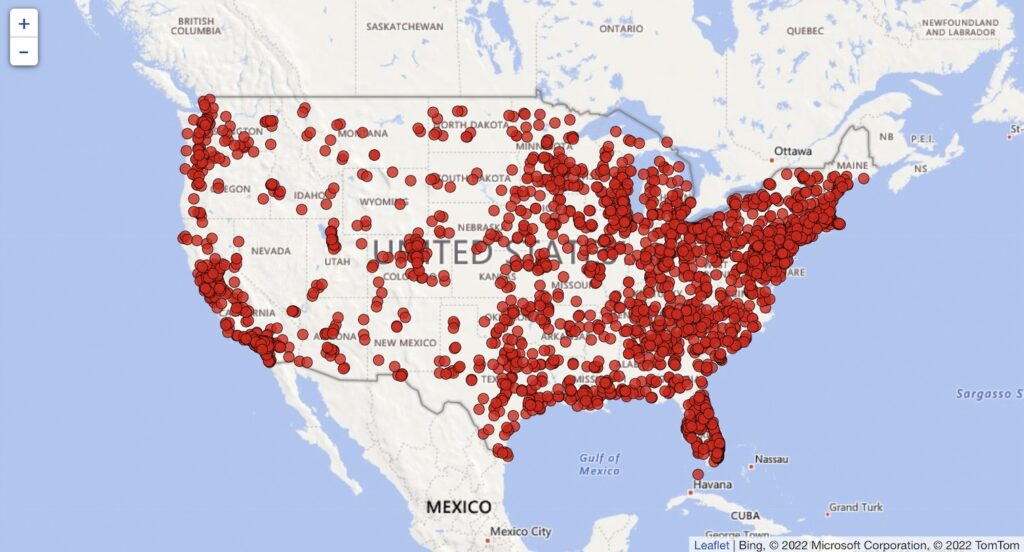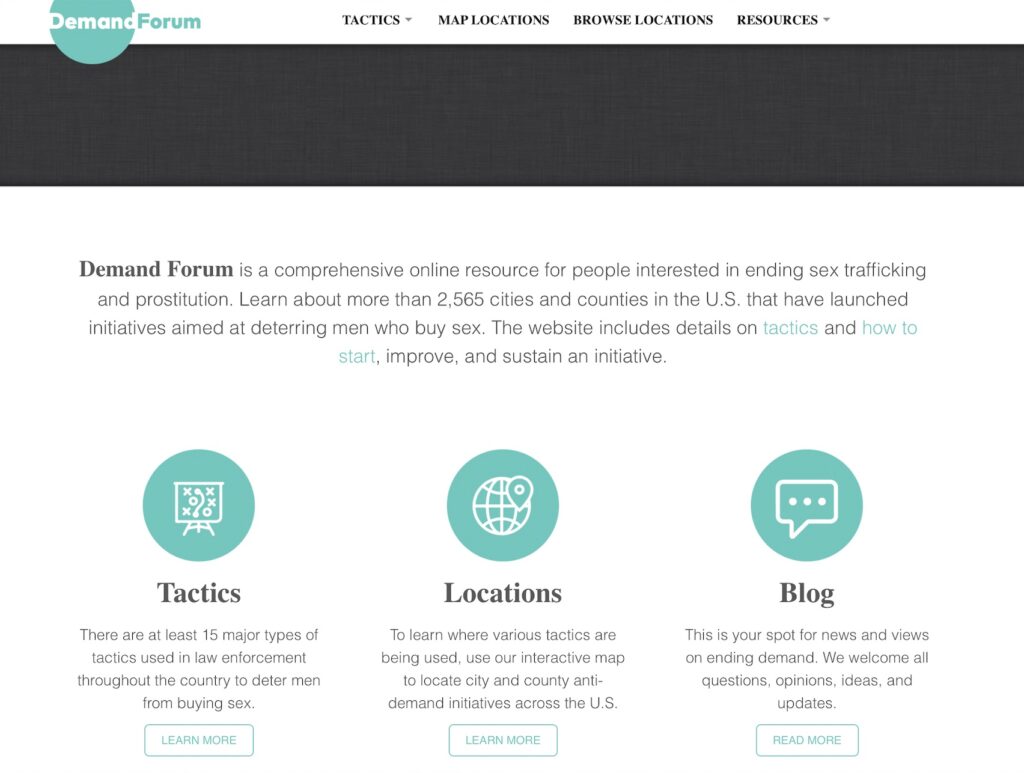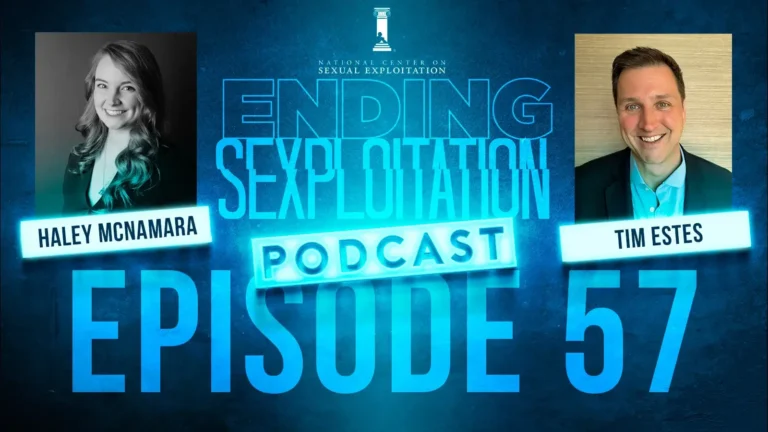The National Center on Sexual Exploitation (NCOSE) is pleased to announce that we are presenting our research at the American Society of Criminology’s (ASC) annual meeting, taking place November 16-19, 2022 in Atlanta, Georgia. This prestigious annual meeting has a long and rich history dating back to December 30, 1941, when several Police Science and Administration professors met “for the purpose of furthering college police training and standardizing police training curricula.” Since then, the ASC has established itself as a leading, influential international organization whose members pursue “scholarly, scientific, and professional knowledge concerning the measurement, etiology, consequences, prevention, control, and treatment of crime and delinquency.”
@NCOSE is presenting its research on deterring sex buying at the prestigious American Society of Criminology's (ASC) annual conference. Share on XNCOSE’s Research Institute submitted three abstracts in response to the Call for Papers and all three were accepted for presentation at the conference. Evidence that will be presented stem from a 2-year research project that was funded by a National Institute of Justice Federal Grant. Under the leadership of Dr. Michael Shively, NCOSE’s researchers documented fifteen tactics that have been used to constrain consumer-level demand for commercial sex (ie. sex buying) in more than 2,600 cities and counties in the United States. The final report will provide law enforcement agencies, policy makers, and community leaders with practical insights and tools to reduce consumer-level demand for commercial sex and sex trafficking in their communities.

The first two papers, entitled ‘Commercial Sex and Sex Trafficking: Examining Demand and Demand Reduction’ (by Victoria Rousay) and ‘Lessons Learned from 15 Years of Research on Sex Trafficking and Prostitution Demand Reduction Efforts’ (by Dr. Marcel van der Watt), will be presented on the first day of the conference (November 16). They will provide a comprehensive evidence basis for a resource and policy shift towards a focus on sex buyers and consumer-level demand for commercial sex as the nucleus of what drives the systemic violence implicit to the sex trade. Emerging trends, best practices, and innovative approaches by law enforcement agencies will provide a glimpse into what a systemic response to a systemic problem could look like.
On the second day of the conference (November 17), Dr. Marcel van der Watt will present a paper entitled ‘A.I. et al: Sailing the Internet’s Oceans to Deter Sex Buyers.’ The use of technology-based deterrence methods as a one of the recent additions to consumer-level demand reduction tactics will be the focus of this presentation. Having been used in at least 36 locations in the United States, four main technology platforms have been identified that collectively contributed to thousands of sex buyers being deterred from purchasing sex. Using a combination of chatbots, artificial intelligence, and natural language processing, as well as constructed websites, photos, and mobile technology, these tools show great potential for scaling and ‘sailing’ the vast oceans of the internet to deter those who purchase others for sex. The findings from a literature review and conversations with developers and users of these technologies will be presented, and recommendations for future research and the harmonization of consumer-level demand reduction tactics will be offered.
Sex trafficking simply could not exist without the consumer demand for it. Share on XThe estimated $99 billion annual profits from sex trafficking may be pocketed by traffickers, but every one of those dollars is drawn from the pocket of a sex buyer. Sex trafficking simply could not exist without the consumer demand for it. When considering a response to this problem it is noteworthy that the consumer-level demand reduction tactics documented by NCOSE’s Research Institute have proven to be effective in real-world scenarios and can be employed within a human-rights based approach while generating revenue for survivor support services. Not only do these tactics have a critical role to play in securing justice for persons and communities harmed by the sex trade, but they must form part of scholarly, scientific, and professional deliberations as we ponder this year’s ASC conference theme: ‘The Future of Criminology.’




